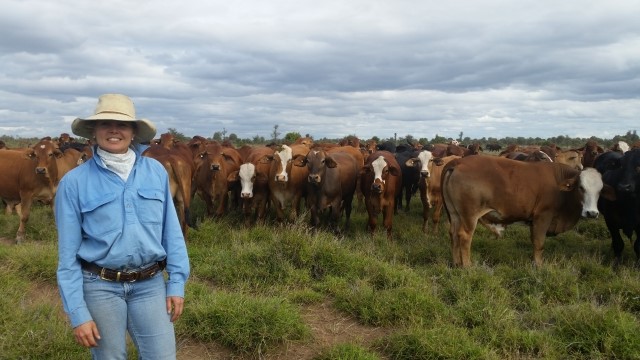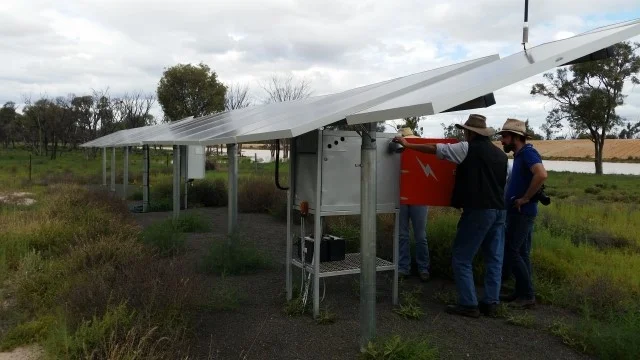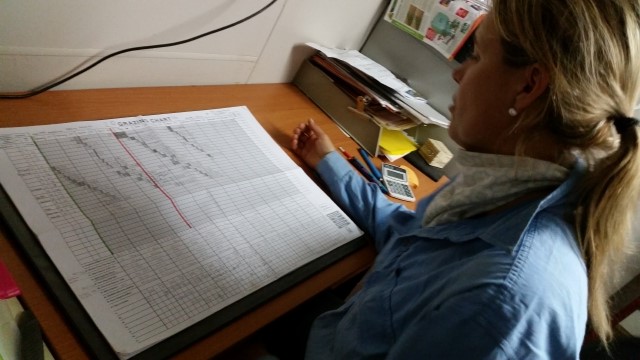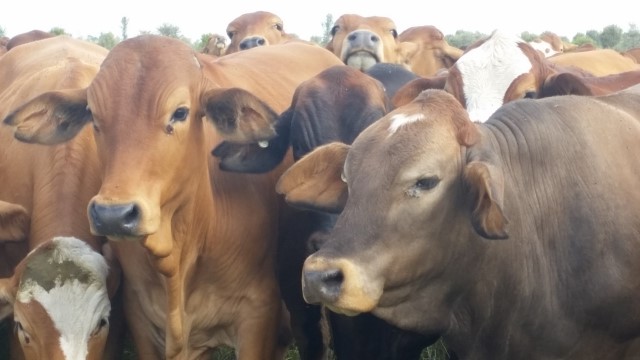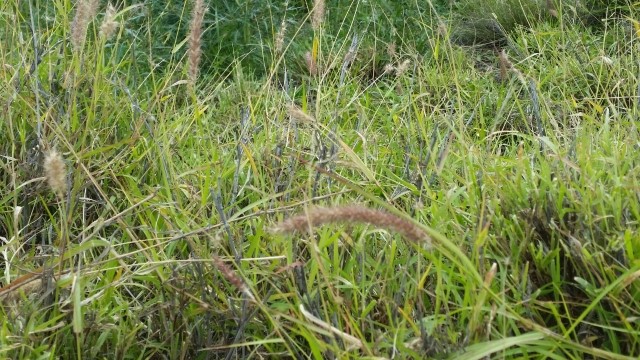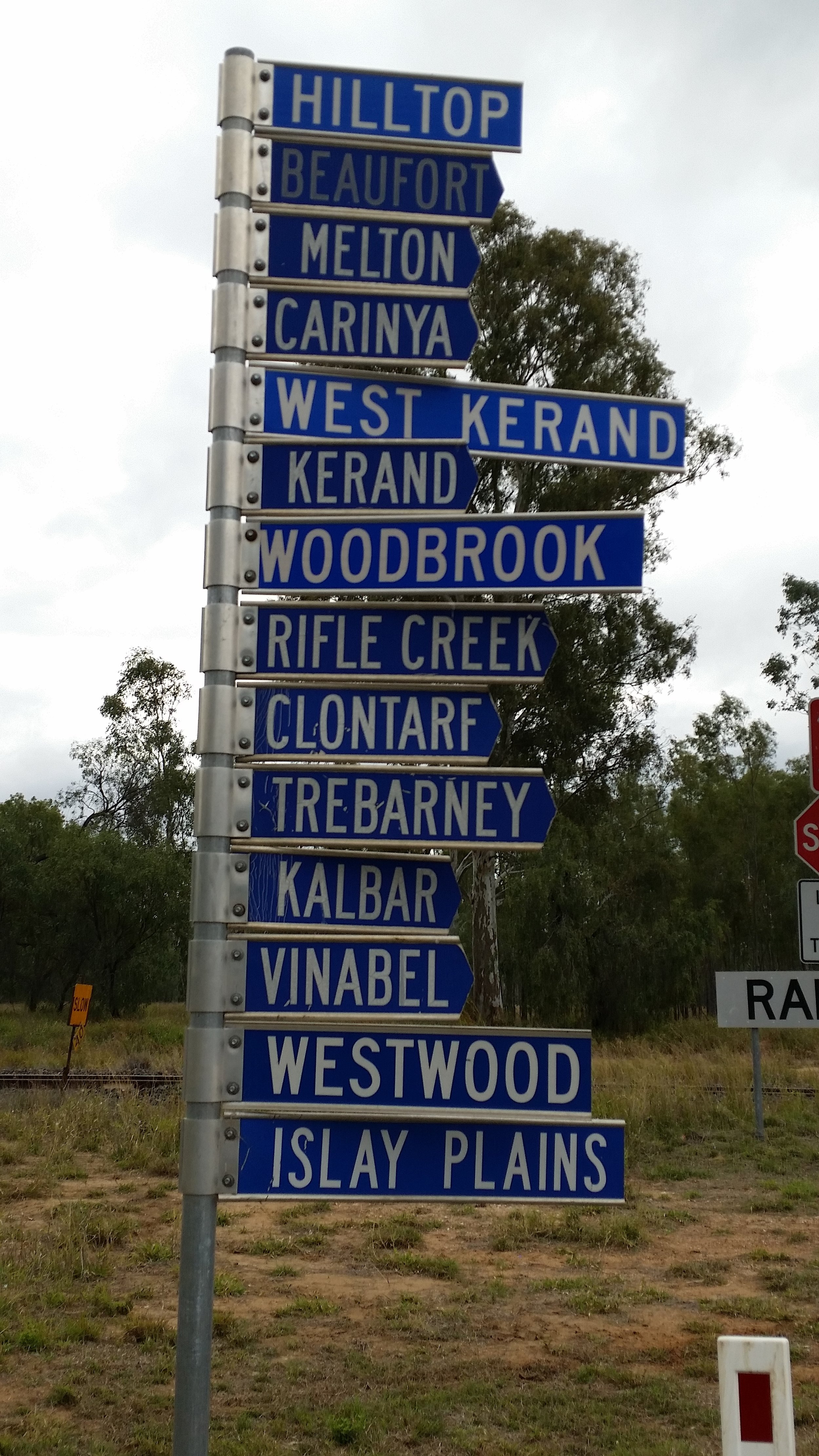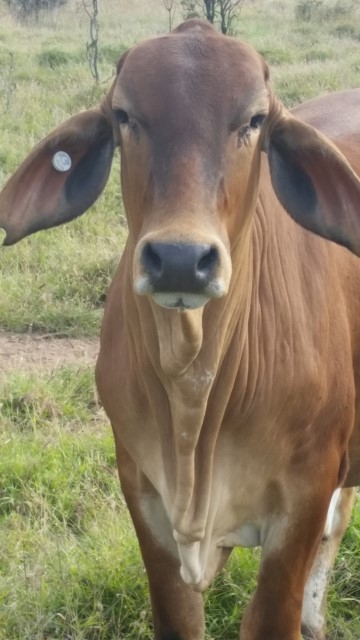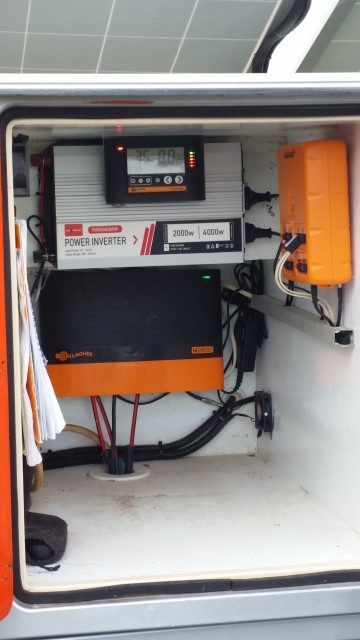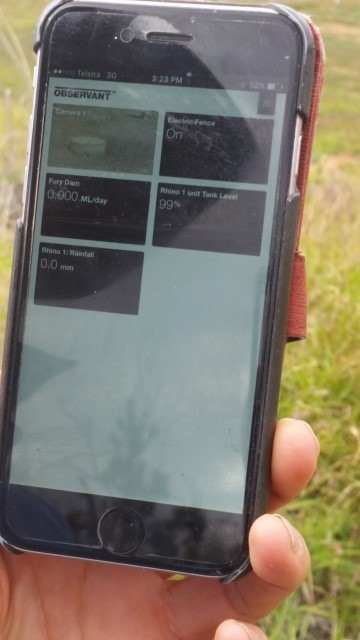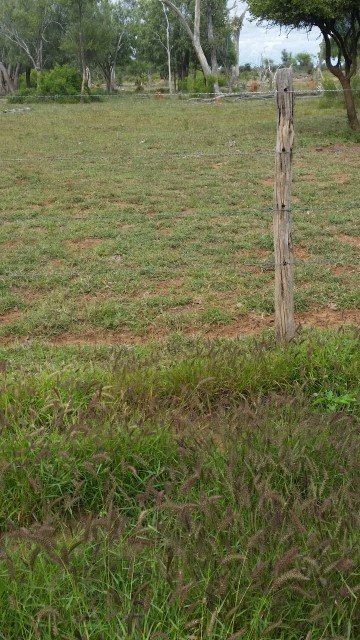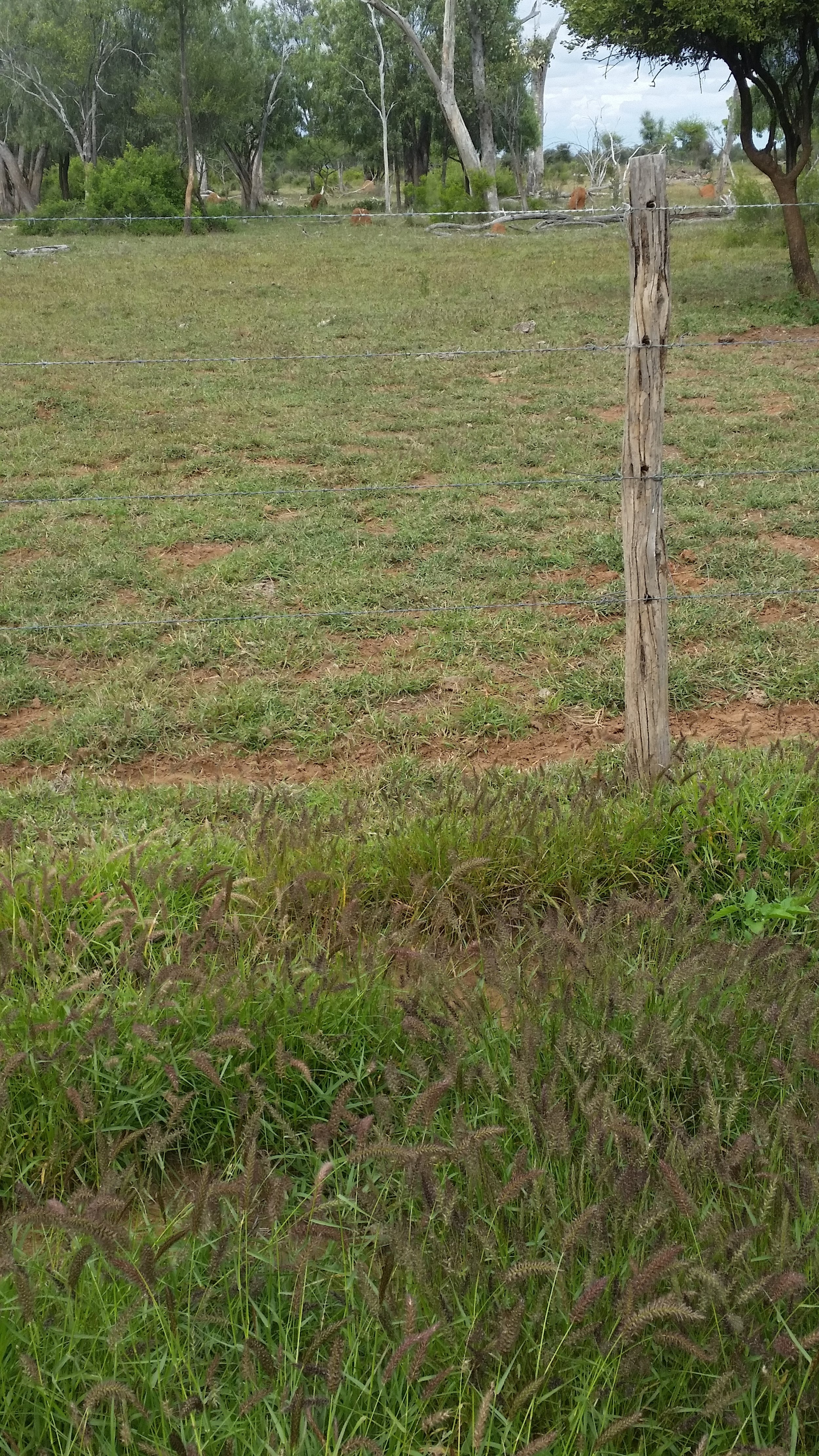Value of Planning
BY KERRY ANDERSON
Having an unrestricted dream and writing it down into a plan can have far reaching consequences according to David and Rebecca Comiskey of “Melton” in Central Queensland.
In a harsh environment that swings from successive years of drought to a flood in the blink of an eye, it is hard to imagine how farming families continue to survive let alone run a successful business. Recently touring Melton, an 8,500 hectare (21,000 acre) cattle property, in Central Queensland, I was privileged to witness the passion of David and Rebecca Comiskey as they paused to reflect on their achievements eight years into the implementation of a twenty year plan.
Nestled between the Drummond and Great Dividing Ranges, Melton’s Brigalow soils are highly valued in terms of land prices. Fortunately for the Comiskeys, Melton was under developed at the time of purchase making it affordable, albeit a huge investment, for the young couple.
Drawing on modern farming techniques and networking with other like-minded producers they have taken a whole new approach to farm management since purchasing the property in 2007.
Entering the organic market, adopting a rotational grazing system, and maximising their herd management forms a three pronged approach to their twenty year plan. Closely monitoring and benchmarking their progress against previous years’ performances, all three goals have been fast tracked beyond their initial expectations.
Their first big decision was to go organic and the reason was quite simple according to Rebecca. “We decided to go with grass fed organic cattle because that is what we like to eat ourselves.”
They were also very aware that their capacity to remain viable with inflation and rising costs of inputs was limited. “We don’t have the scale that other properties have so we had to focus on quality rather than quantity,” explains David.
To David the biggest difficulty in going organic was believing that they could do it. “When you’ve been brought up controlling weeds with the use of chemicals, the hardest thing to do is to get rid of that paradigm in your head; to take a risk and go organic.”
In essence, organic status dictates that any input has to be natural or organic for both stock and land. All new products are thoroughly researched and approved prior to ensure that they are compliant.
Well experienced in conducting audits and monitoring other farm activities Rebecca picked up the annual reporting in her stride. It took just three years from application until they were certified to sell organic beef and the financial benefits were immediate. Organic beef is currently selling at around $7.20 per kilogram as opposed to $4.50 per kilogram mainstream beef.
David is quick to warn however, that anyone wanting to fast track organic status may encounter unexpected challenges. “Because our goal has always been to go organic, we were able to deal with everything that came up along the way.”
At the crux of the Comiskey’s planning is the introduction of rotational grazing. In essence 5,000 acres are divided by electric fencing into four sections all leading to a central water trough. Paddocks are rested according to the growth rate of the grass, 60 days in the growing period and out to 120 days in the non-growing, allowing time for the ground cover to replenish.
“Everything starts with the earth,” explains David. “Healthy soils leads to healthy pastures which leads to healthy cattle and ultimately to healthy consumers.”
Good grazing practice stimulates growth of the primarily Buffel and native grasses.
“The rotational grazing system is far more climate effective,” says Rebecca. “For every one percent increase in Organic Soil Carbon, achieved through good grazing land management, another 72,000 litres of water can be absorbed into the soils per hectare, making our property more resilient for the droughts that will always be a part of our business.”
Thanks to a Natural Resource Management grant they have been able to fast track their plan with one quarter of the property already under the rotational grazing system. It has also given them the opportunity to make comparisons with other paddocks still on the set stock system. At a fence line separating a traditionally grazed paddock from a rotationally grazed paddock, the benefit is clear to see.
“We don’t have to tell anyone, they can see for themselves,” says Rebecca.
Animal health is central to the rotational grazing system. Thanks to new and extensive water infrastructure powered by solar, the cattle have less than 750 metres to walk to water and are easily transferred from one section to another.
As part of their 20 year plan the Comiskeys have also focussed on maximising management of their 1,000 head of Brahman breeders, currently down in numbers due to recent drought conditions. The herd originated from David’s father giving them a great base to start with.
“Genetics and genomics will help our rate of improvement and are important tools to help us achieve our breeding goal of well adapted, high eating, quality grass-fed beef,” says Rebecca. “We are focussed on providing what the consumer wants to eat.” Effectively they have increased the productivity of their breeding cows by introducing seasonal mating so that calves are born when rain is predicted and pasture nutrition is best to assist the lactating cow.
“Each decision we make is weighed up both financially and ecologically,” she adds. “For example we’re not rushing to restock cattle after the recent drought even though we’ve just had unexpected rain. It’s good to let things recover. We believe there is a huge link with profitability and good ground cover or land management.”
Chatting with David and Rebecca it becomes evident that they also value their personal time to participate in sports such as barefoot waterskiing that has taken them as far as the national titles. They engaged a farm hand so ease of management has been a high priority while introducing their three new strategies to the business. .
Rebecca produces her mobile phone to demonstrate. Water storage, electric fences, and even rainfall can be monitored from afar.
It goes without saying that none of this has been easily achieved and it is no surprise that, a three year drought aside, accessing capital and managing debt have been their two major challenges.
A schoolteacher by training, Rebecca is quick to pay credit to David’s business acumen that has been fine-tuned during his previous ownership of an earthmoving business and investment in real estate. Her skills in monitoring and report writing have become equally valuable to the business.
In dealing with debt, they have closely monitored their progress. Regularly supplying their bank with budgets to actual results and yearly financials has helped establish a strong relationship and negotiate the tough drought years that would normally present lots of hard questions from financial partners.
“We didn’t wait to be asked,” explains Rebecca. “We knocked on the bank’s door and kept giving them information.” She started with some solid budgeting and putting together lots of reports to help understand how they were travelling; however, this still wasn’t enough to satisfy her own need to confirm that they were making positive progress. Benchmarking against their own performance was the next step. “That was a good business decision,” she smiles. “Even the auditing for our organic status and monitoring of our pasture growth has been good for our business. We know how we are performing at all times. It’s exciting.”
David believes that investing in their management skills has been a key to their success. Initially they both did an investment course to help them negotiate their finance and invest off farm to help drought proof their business. Then they joined a business group of like-minded property owners, Resource Consulting Services that helped them further develop their twenty year plan.
David was stunned with the power of simply putting down a dream in writing. “I didn’t believe how suddenly a wish list can be ticked off and achieved.”
The group also helped them access resources that would have otherwise remained unknown. By matching a Queensland Rural Adjustment Authority Loan to help fund a Natural Resource Management Project, they were able to fast track their plan.
“We went a bit bigger than we thought but it was too much of a good offer to pass up,” says David. The result was 51 kilometres of polyurethane piping and 45 kilometres of fencing towards their rotational grazing infrastructure.
Both David and Rebecca are sitting on a number of industry and natural resource management groups. Joining is a no brainer according to David. “Before that we were just bumping along and inventing our own stuff. You meet so many like-minded people and share many great ideas.”
Changing the perception of their industry is another personal goal they both share.
“We like to think that we are custodians of the land,” says Rebecca who has a number of family members recognised in the Stockman’s Hall of Fame. It is our aim to leave our soils in better shape than how we found them.
“Politics aside, it’s important that city people come out and visit to see exactly what we do and don’t do,” says David. “While we respect the old ways, we are very open to trialling new ways.”
From my perspective, agriculture’s future is in good hands if this enterprising couple is any indication.
The Comiskey’s Top Business Tips:
Dream big and have a plan.
Maintain a good relationship with your bank manager, accountant and solicitor.
Surround yourself with like minded people.
Access good advice and training.
Be open to new ideas.
